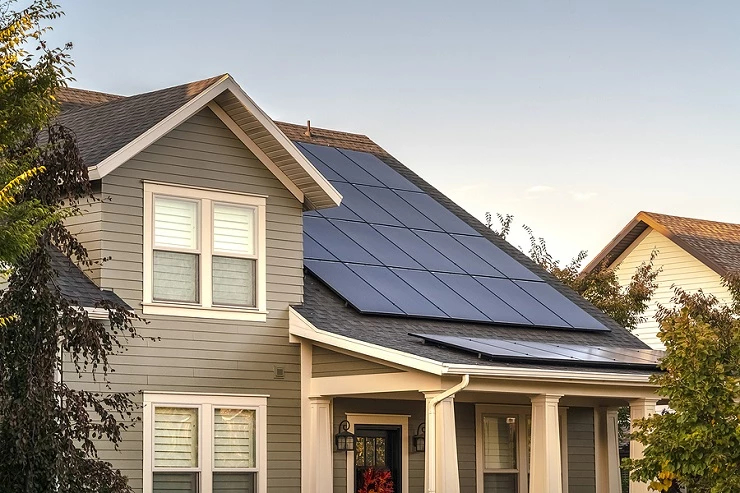Home improvement projects typically add value to a home, but this isn’t always the case. Some additions may adversely affect the sales price. This is especially true when leased equipment is involved. Whether you represent the buyer or the seller, careful communication is essential, and it can help you avoid professional liability claims that can arise from your work as a realtor.
Leased Solar Panels
According to the U.S. Office of Energy Efficiency & Renewable Energy, solar panel installations have increased 35-fold since 2008 and now provide approximately 62.5 gigawatts of energy. The cost has come down, too. The average price of a solar photovoltaic panel has decreased by almost 50% since 2014.
Solar panels are an increasingly popular option among homeowners. Pew Research Center found that 6% of homeowners have already installed solar panels, while 46% have given serious thought to doing so. In some regions, the numbers are even more impressive. In the Pacific region, for example, 14% of homeowners have installed solar panels and 54% have given it serious consideration.
But even though the cost of solar panels has come down, they are still expensive. According to Consumer Affairs, a typical installation costs about $12,000 in the U.S., and that’s after federal tax incentives.
Due to the cost, many people decide to lease solar panels instead of buying them outright. According to RC Energy Solutions, this can make selling a home more difficult. While purchasing solar panels may add $15,000 to $23,000 to a home’s value, leased solar panels may become a liability instead.
Other Leased Equipment
Solar panels might be one of the most common types of leased equipment to impact a home’s value, but other types of equipment may also be leased. Generators, for example, may be rented or leased instead of purchased outright, and some companies may also offer financing or rent-to-own deals.
Regardless of the type of equipment involved, if the new homebuyer would be expected to take over an expensive lease, the equipment could be considered a liability rather than a selling point.
Selling a House with Leased Equipment
When working with clients, it’s important to explain how leased equipment can impact the selling process.
- When dealing with homes that have solar panels and other equipment, pay attention to whether the equipment is owned or leased.
- If a seller already has leased equipment, they should understand that this could drive down the home’s value because the buyer will have to take on the responsibility of lease payments.
- The seller may also consider buying out the lease. Although this may be a major expense, it can raise the value of the home and simplify the selling process.
Maintaining a high level of transparency, and preemptively communicating about any factors that affect a home’s value are important ways to mitigate real estate professional liability exposures. If possible, document these conversations in writing so you can prove they occurred, in the event that a professional liability claim arises later on.
Contact us if you have any questions about your commercial insurance for real estate professionals.


